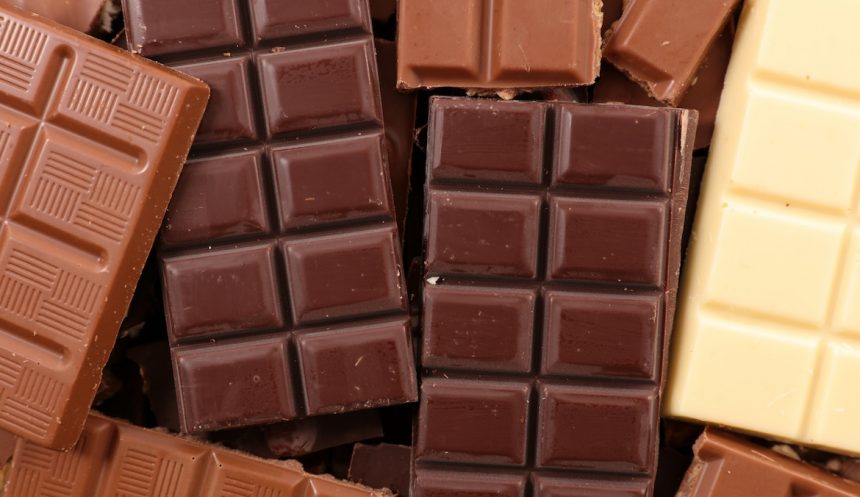Whether you indulge in a slice of double fudge cake or keep a candy bar handy, chocolate is undeniably one of life’s greatest pleasures—especially after a delicious meal. But with its caffeine content, could your late-night chocolate fix be affecting your sleep?
Chocolate does contain caffeine, although the amount varies depending on factors such as cacao percentage and processing methods, according to Brooklyn-based dietitian Maddie Pasquariello, RDN.
In milk chocolate, there is approximately 20 milligrams of caffeine per 100 grams, while dark chocolate can range from 50 to 150 milligrams per 100 grams. A typical serving size of two squares of chocolate (around 25 grams) contains about five to 38 milligrams of caffeine, depending on the type of chocolate.
Dark chocolate tends to have the most caffeine, followed by milk chocolate and then white chocolate, which does not contain caffeine as it uses cocoa butter instead of cocoa solids.
While chocolate does have caffeine, it generally contains less caffeine than other common sources like coffee and tea. So, indulging in a square or two of chocolate is unlikely to significantly impact your caffeine intake for the day.
If you are sensitive to caffeine, consuming a few servings of dark chocolate may have a noticeable effect, but smaller amounts are usually well-tolerated. Ultimately, it’s essential to listen to your body and adjust your chocolate consumption accordingly.
Despite its caffeine content, Pasquariello believes that chocolate can still be enjoyed as part of a healthy diet. Whether you prefer dark, milk, or white chocolate, the key is to savor it in moderation and not deprive yourself of the foods you love.






